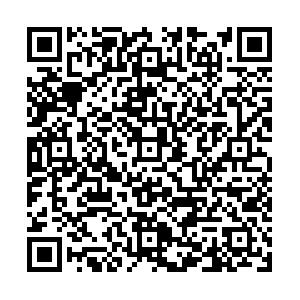Abstract:
Objective To investigate the expression and significance of Smad signal pathway and coagulation factor in patients with diabetes mellitus and breast cancer after ultrasound-guided catheter infection.
Methods A total of 176 patients with stroke diabetes mellitus and breast cancer diagnosed by breast surgery who were admitted to the second people's Hospital of Yuyao City from January 1, 2013 to December 31, 2017 were divided into infection group and control group according to the occurrence of ultrasound-guided catheter infection. There were 21 patients in infection group and 155 in control group. The expression of plasminogen activator(t-PA), plasminogen activator inhibitor(PAI-1), interleukin-6(IF-6), serum prothrombin time(PT), vascular endothelial growth factor(VEGF), transforming growth factor-β(TGF-β), thrombin time(TT), fibrinogen(FIB), Smad signaling pathway related proteins and postoperative complications were compared between the two groups.
Results One week after operation, FIB [(3.24±0.16) g/L], PAI-1 [(42.47±2.52) g/L], TGF-β [(0.61±0.13) μg/L], VEGF [(0.59±0.12) ng/L], IF-6 [(0.57±0.12) pg/mL], Smad1 [(0.54±0.11) ng/L], Smad2 [(0.53±0.10) ng/L] and Smad3 [(0.69±0.15) ng/L] in the infection group were significantly higher than those in the control group(all
P<0.05), while t-PA [(20.28±2.91) ng/L] was significantly lower than that in the control group [(24.24±3.03) ng/L,
P<0.05].
Conclusion Ultrasound-guided catheterization can activate Smad signal pathway and cause coagulation disorder.

 点击查看大图
点击查看大图



 下载:
下载:
